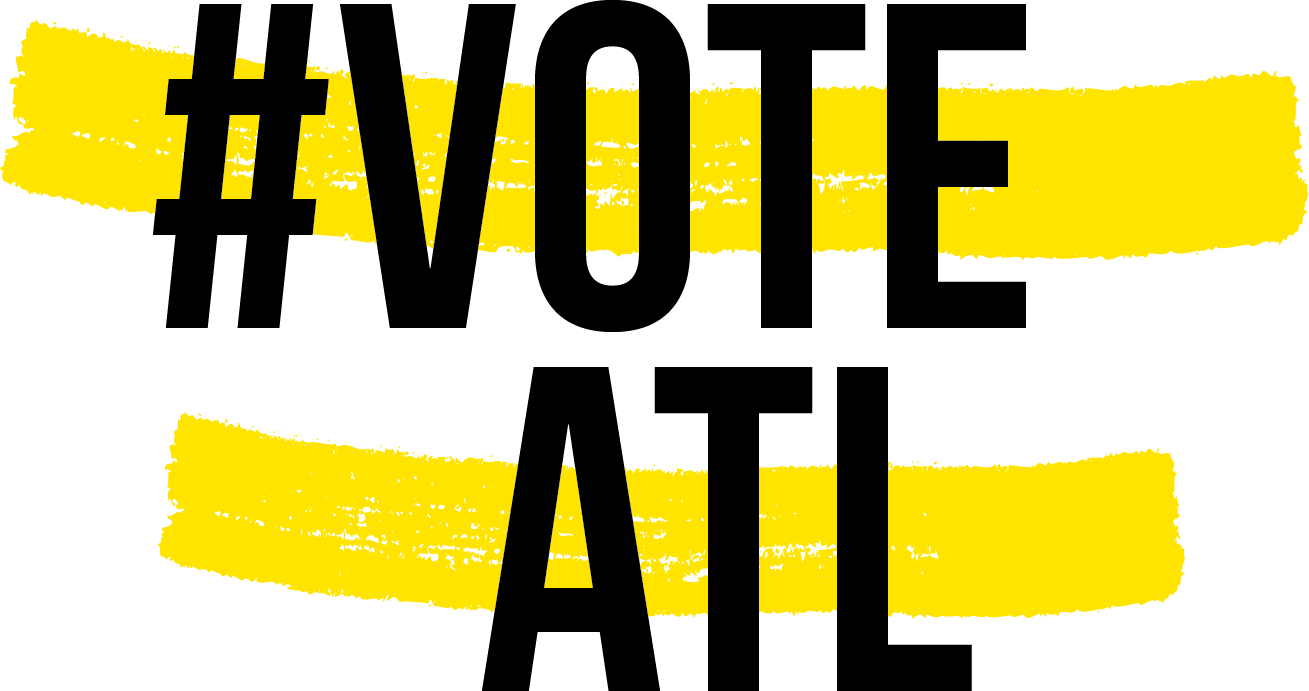Job Application:
Atlanta City Council - District 3
Candidate Name:
Antonio Brown
The Center for Civic Innovation sent each of the qualified candidates for the District 3 Special Election a job description and questionnaire. Below are Antonio’s responses.
1. QUALIFIED TO GOVERN
2. CULTURE FIT
3. DEMONSTRATES PEOPLE-CENTERED APPROACHES
4. PROACTIVE & RELENTLESS RELATIONSHIP-BUILDER
5. STRONG INTEREST IN TRANSPARENCY
QUALIFIED TO GOVERN
Q: What do you think is the most important role of the City Council?
A: As elected officials of their districts, the most critical role of the city council is to move the city forward through passing legislation that protects communities, promotes economic development, and supports sustainability.
Q: Please describe, in sufficient detail, one professional accomplishment or contribution of which you are most proud. These examples should illustrate skills and capabilities you think apply to governing the City of Atlanta.
A: Economic mobility is at the core of my plan to reignite Atlanta’s district 3. As a result, I will lean on one of my most significant professional accomplishments, which is starting and managing a successful small business. Throughout the journey, I faced many challenges from the death of a business partner to accessing capital to launch my business. I learned many skills that apply to be an effective councilman from leveraging relationships to managing a budget. Today, my line is successful nationwide. If elected, I will use my position to support prospective and existing small businesses as well as encouraging owners to hire within the community. Economic mobility will help to alleviate some of the problems associated with affordable housing, crime, and adverse health outcomes.
Q: Please list or describe no more than 3 current and past activities you participated in as a private citizen (not an elected official) in which you have acquired skills and perspectives that will make you a stronger mayor. Include your role in the activity and the year(s) in which you were involved.
A: In 2017, I founded Dream of Humanity a nonprofit that works to create mentorship programs with academic institutions. I also established a plethora of programs geared to supporting the education of adults, prospective small business owners, youth. These programs are the Small Business Entrepreneurship, Student Entrepreneurs of America, and a GED program with the Atlanta Public Schools. These programs are housed at the @Promise Center and the Art institute nationwide.
CULTURE FIT
Q: What does it mean to be an Atlantan/ATLien in 140 characters or less?
A: Atlanta is where dreams become a reality. We are reminded daily that “we are the city too busy to hate.”
Q: What is a new slogan for our city that could unite Atlantans and highlight who we are as a people?
A: Uniting and Empowering Atlanta
DEMONSTRATES PEOPLE-CENTERED APPROACHES
Q: There are several major development projects happening or planned in and around District 3. What is the role of community input in public- and private-sector development and when should it take place?
A: The people of District 3 should have the loudest voices concerning development in District 3. Community input should occur at the planning, development, and implementation phases of any project.
Q: The NPU system was envisioned as a place for communities to engage with development in their neighborhoods. How would your administration support the existing NPU system or seek to change it?
A: NPUs provide an excellent opportunity for citizens to voice their concerns. However, they need a restructuring to allow residents to give the most significant amount of influence over their community. Universal bylaws can be established to create consistency among NPU's.
PROACTIVE & RELENTLESS RELATIONSHIP-BUILDER
Q: Give an example of a time when you had to collaborate with many people and/or organizations, especially those who may not hold the same views as you do.
A: In the past few years, I worked with the Texas State Legislature to reform housing policies regarding citizens with criminal records. My mother was denied housing for being a convicted felon, which she served her time for over 20 years ago.
Q: Think of one major Atlanta issue impacting the district you seek to serve and that needs to be tackled with a collaborative approach, how would you build relationships across the city and region with other governments, private enterprises, or organizations to effect change in our city?
A: Affordable housing is arguably the toughest issues facing District 3. Because the affordable housing crisis is nuanced, it will take many stakeholders such as Invest Atlanta, Westside Works, Westside Future fund, and possibly the State’s legislature. I would build relationships through communication. Many of the stakeholders have programs that can assist residents, however many of the residents are unaware. If the organizations work to together effectively, their efforts could have a more substantial impact.
STRONG INTEREST IN TRANSPARENCY
Q: What level of openness and transparency should the citizens of Atlanta expect from city government under your leadership?
A: Citizens of Atlanta should expect a level of transparency that creates and maintains trust. The city council should make transparency a priority.
Q: Please describe any policies, programs, or ideas you are considering to increase the transparency of city government, particularly in your office.
A: If elected, I will support programs promoting transparency such as the Mayor’s Open Checkbook policy. I will also work with City’s Chief Compliance Officer to ensure that we are holding our public officials accountable for upholding regulations and policies. Lastly, I would explore auditing City Council members. Trust is paramount to making our government work for every citizen of Atlanta.

